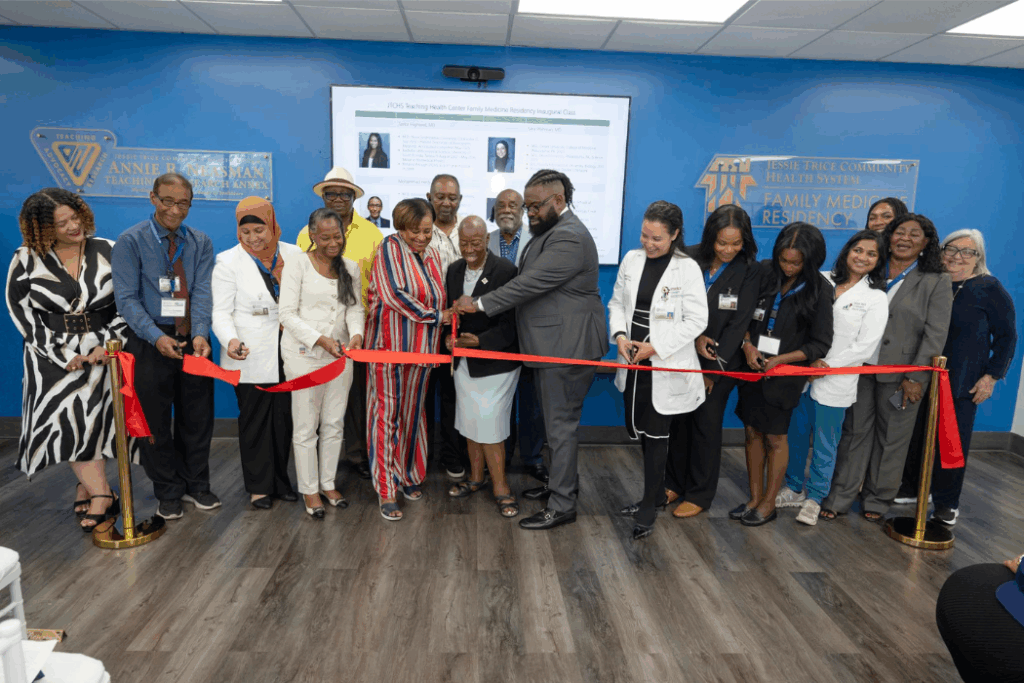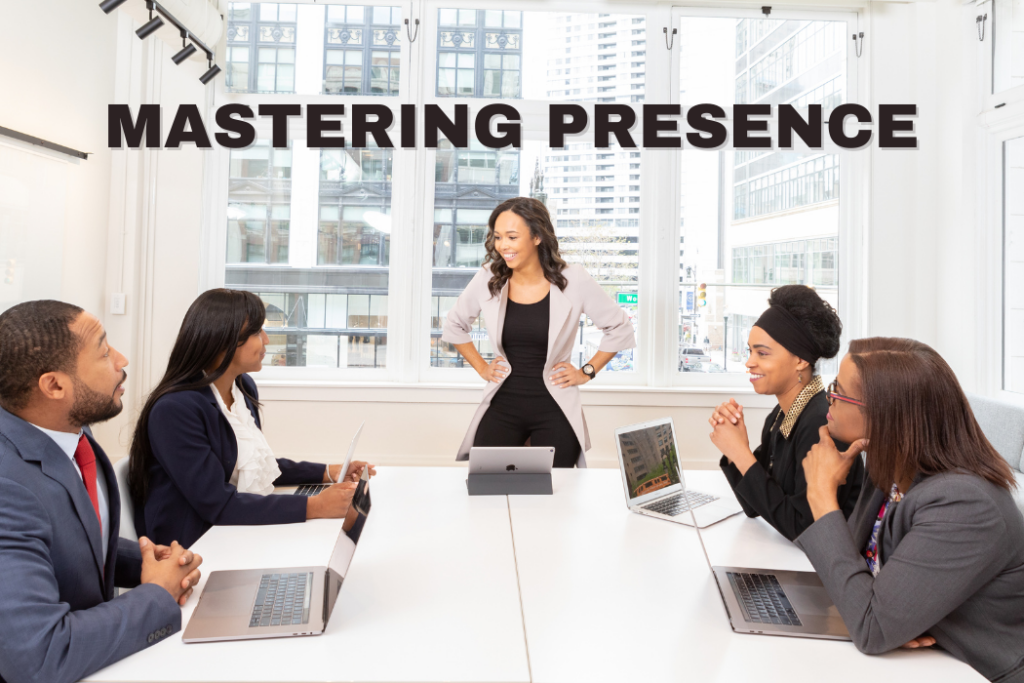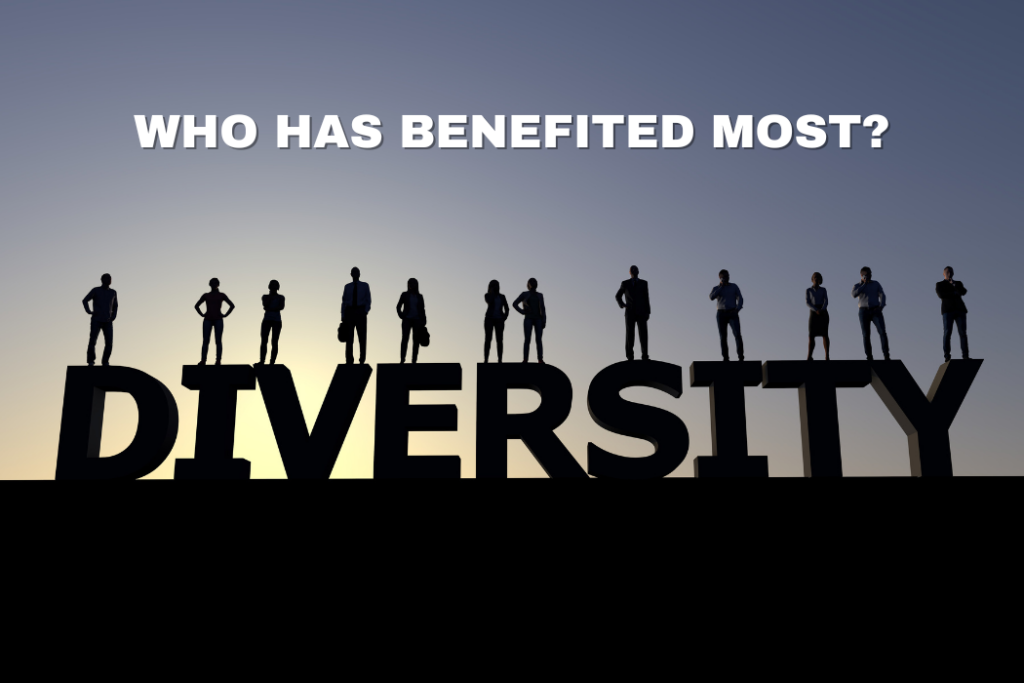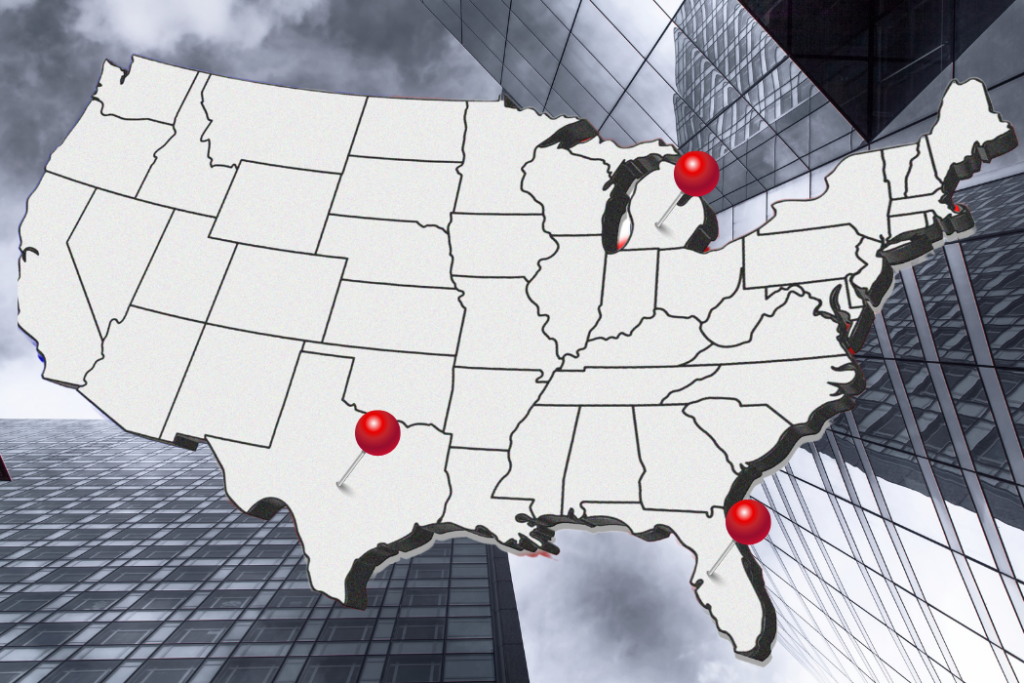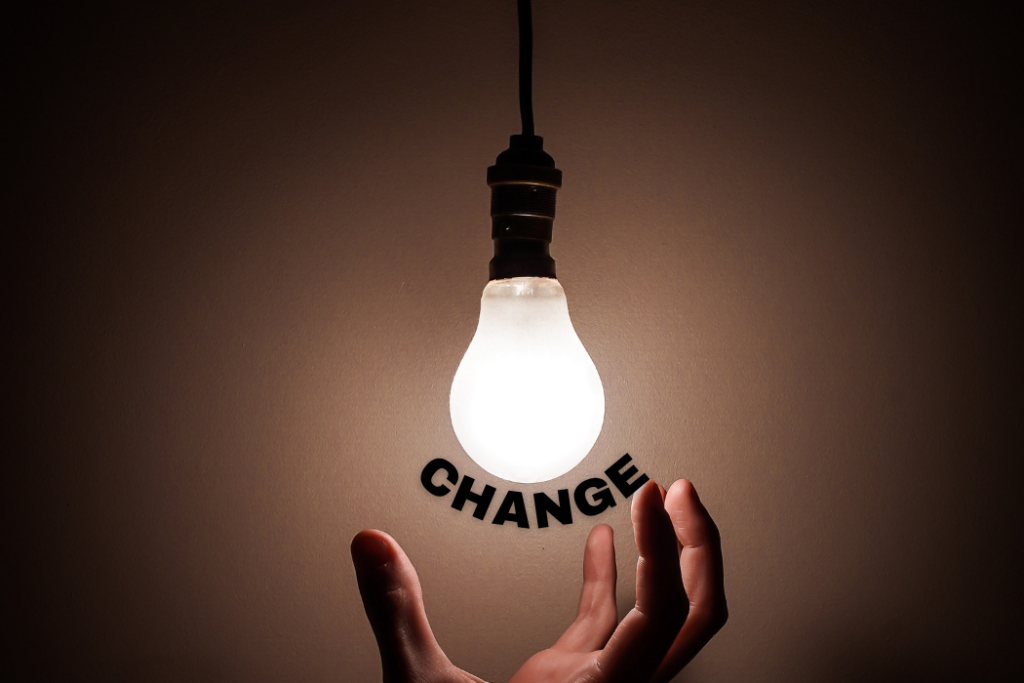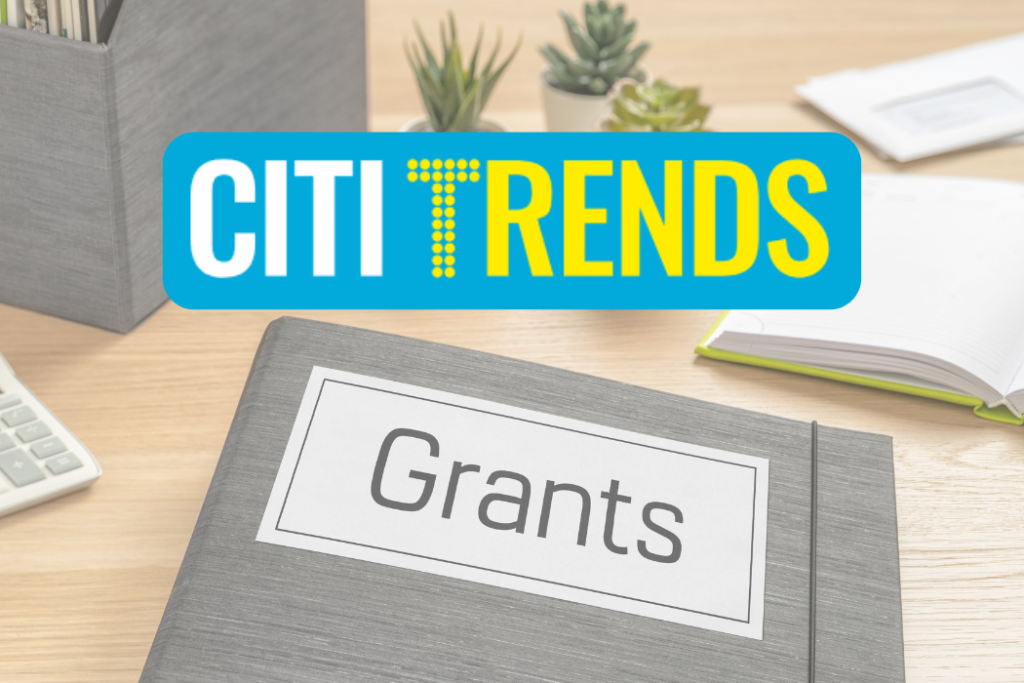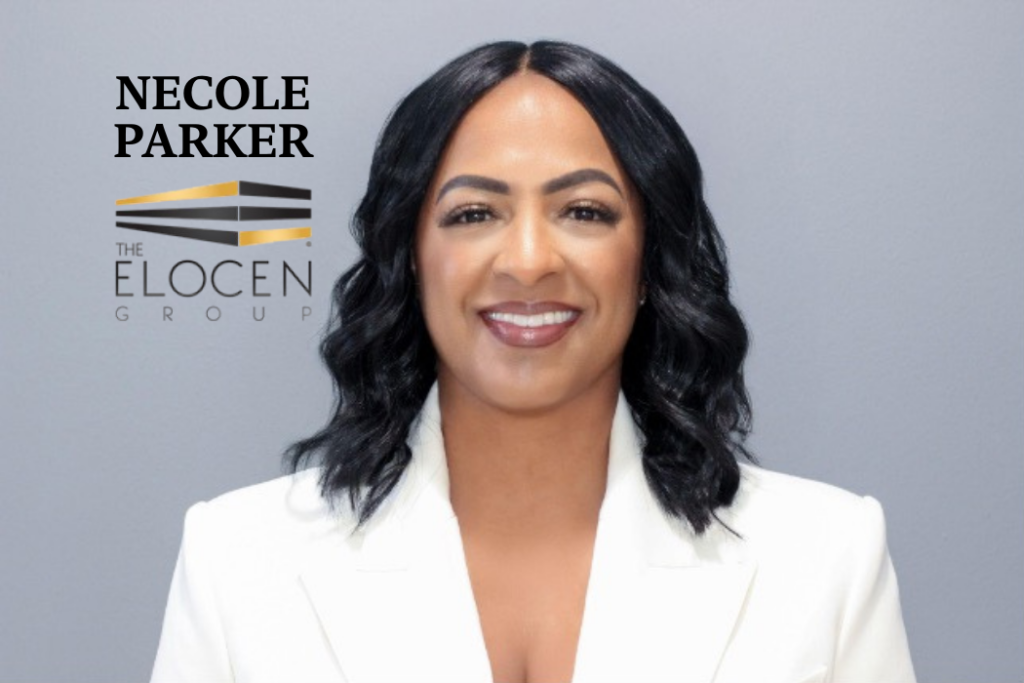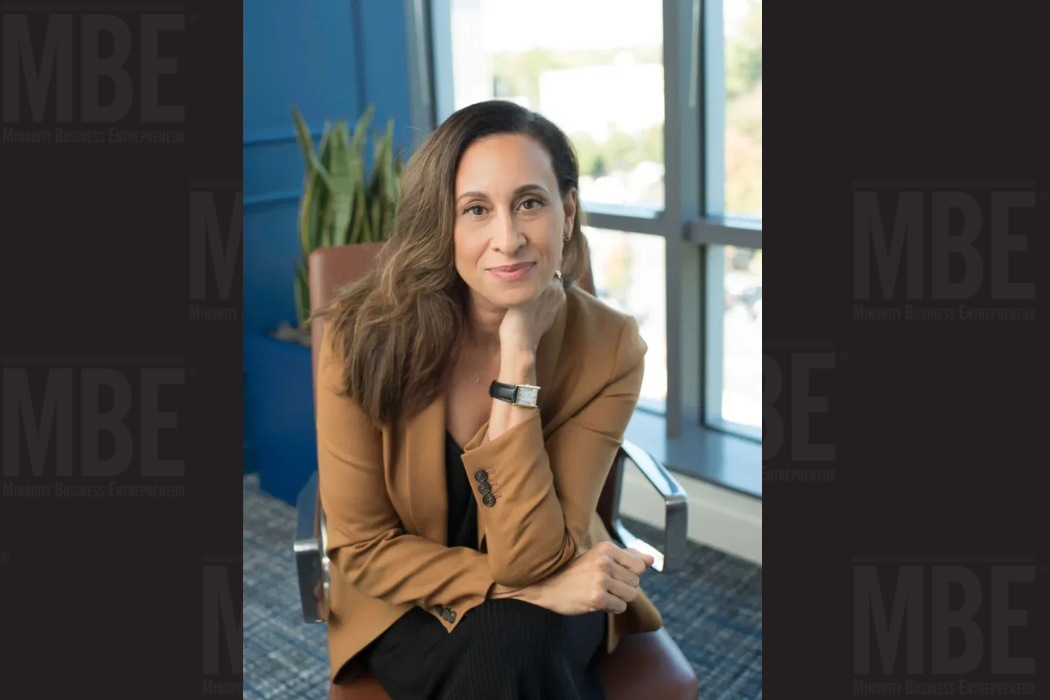
Britt Hogue on Reimagining Corporate Leadership and DEI’s Evolution
Listen to our interview with Britt Hogue.
In an era where corporate America faces mounting pressure to balance profit with purpose, Britt Hogue stands at the intersection of business strategy and social impact. Hogue is the founder of The Collective Good, a strategy firm that helps leaders drive social change by cultivating collective insight and turning it into aligned action. A former Wall Street executive turned social impact consultant, she brings a unique perspective to the ongoing national conversation about corporate responsibility, DEI (Diversity, Equity, and Inclusion), and organizational change.
Banking to Building Better Communities
After graduating from Spelman College, Hogue followed a traditional path to Wall Street, where she spent a decade in the financial sector. During those formative years, she honed her expertise in corporate strategy and data-driven decision-making. However, her trajectory shifted when she began serving on nonprofit boards and engaging in pro bono foundation work.
“I was at a point in my career where I really started to feel like those were my people,” Hogue reflects. “I wanted to be around folks who are thinking about how we create more affordable housing, how we ensure families have educational options, how we protect our environment.”
This revelation led to a pivotal career transition. For the past 12 years, Hogue has led a strategy firm based in the D.C. area, working with mission-driven organizations across the country. Her firm’s client portfolio spans nonprofits, foundations, government agencies, and forward-thinking corporations focused on community impact.
Systems Thinking: Creating Change from the Inside Out
Hogue’s approach to organizational transformation is rooted in systems thinking. “We create systemic change from the inside out,” she explains. This methodology focuses on strengthening organizational cores through leadership development, strategic planning, and cultural evolution.
“The projects I like the most are those where we’re helping organizations really lean into the types of organizations they want to be,” Hogue says. “When they’re really strong in purpose and internally are living those values, which include DEI values, it’s going to show through to their programs, their brands, their products—everything they do.”
The Evolution of DEI: Beyond Buzzwords
As the national conversation around DEI faces increasing scrutiny and pushback, Hogue advocates for returning to fundamentals. “DEI is thrown around a lot,” she acknowledges. “What we need to do is go back to basics and really explore what we’re talking about. It’s core values. It’s just human values.”
Hogue traces the evolution of workplace inclusion efforts over her 20-year career. What began as simple diversity initiatives, particularly focused on women in technology, evolved to incorporate inclusion when it became clear that diversity alone wasn’t enough. “We did diversity work, but what happened was that we didn’t change the environment to include women in those spaces,” she explains. “Women came into those roles, and they went right back out.”
The conversation has since expanded to encompass equity, belonging, access, and justice. “The term has evolved and will always evolve based on the needs of our society,” Hogue notes. “But when you look at those words—’justice,’ ‘belonging’—we’re really just talking about core values and how we can be better humans.”
Navigating Corporate Pushback
In response to recent corporate retreats from DEI initiatives, Hogue points to contrasting approaches in the business world. While some companies have pulled back, others, like JP Morgan Chase, are doubling down on their commitment. “Their CEO recently said, ‘I’m doubling down on DEI because our results got better. People were able to show up and bring their best selves to work,'” she reports.
For organizations feeling pressure to distance themselves from DEI terminology, Hogue suggests focusing on culture work. “Culture is, as Seth Godin says, ‘People like us do things like this.’ It’s the beliefs, behaviors, norms, and structures that support us to be a community,” she explains. “And I think DEI is the same—it’s about being good humans and treating each other the way we’d like to be treated.”
The Power of Consumer Choice
Hogue emphasizes the growing importance of corporate values in consumer decision-making. “What companies believe in is a lot more public now,” she observes. “We can see their statements, their public filings, what political campaigns they donated to. And customers pay attention.”
She believes consumers wield significant influence through their purchasing power. “We have a lot of power as consumers. We keep companies in business, and we can take companies down if we don’t support them with our dollars,” Hogue states. “Being a good business is more than just creating a good product. It’s about showing up and being a leader in a community.”
Rebranding Without Retreating
While Hogue acknowledges the challenges of DEI pushback, she advocates for maintaining the work even if the terminology needs to evolve. She shares an example of a school that successfully rebranded its DEI initiatives as a “community of care” while maintaining its core programming.
“If we have to call it by a different name, that’s fine,” she says. “We can talk about inclusion without using the word inclusion. We can talk about how we want to treat people. We can focus back on the basics: Is it important to respect each other? Is fairness important in this company?”
The Path Forward
Looking ahead, Hogue sees a crucial role for the private sector in advancing social progress. “There’s a lot of money and power wrapped up in the corporate landscape. The private sector can push things and can kill things for our entire economy, for our nation,” she notes. “We need corporates to also do the work.”
Her message to companies is clear: maintaining strong DEI policies isn’t just about social responsibility—it’s about business success. Organizations that retreat from these commitments may face challenges in talent acquisition and customer retention. As Hogue puts it, “They’re going to have trouble hiring great talent if they don’t have solid DEI policies in place. They’re going to have trouble selling their products if they’re not showing up around important things like how you treat people in your organization.”
Through her work, Hogue continues to demonstrate that business success and social impact aren’t mutually exclusive—they’re increasingly inseparable in today’s corporate landscape. Her journey from Wall Street to social impact consulting serves as a blueprint for how business leaders can leverage their expertise to create meaningful change while building stronger, more successful organizations.
Listen to the complete interview with Britt Hogue.



